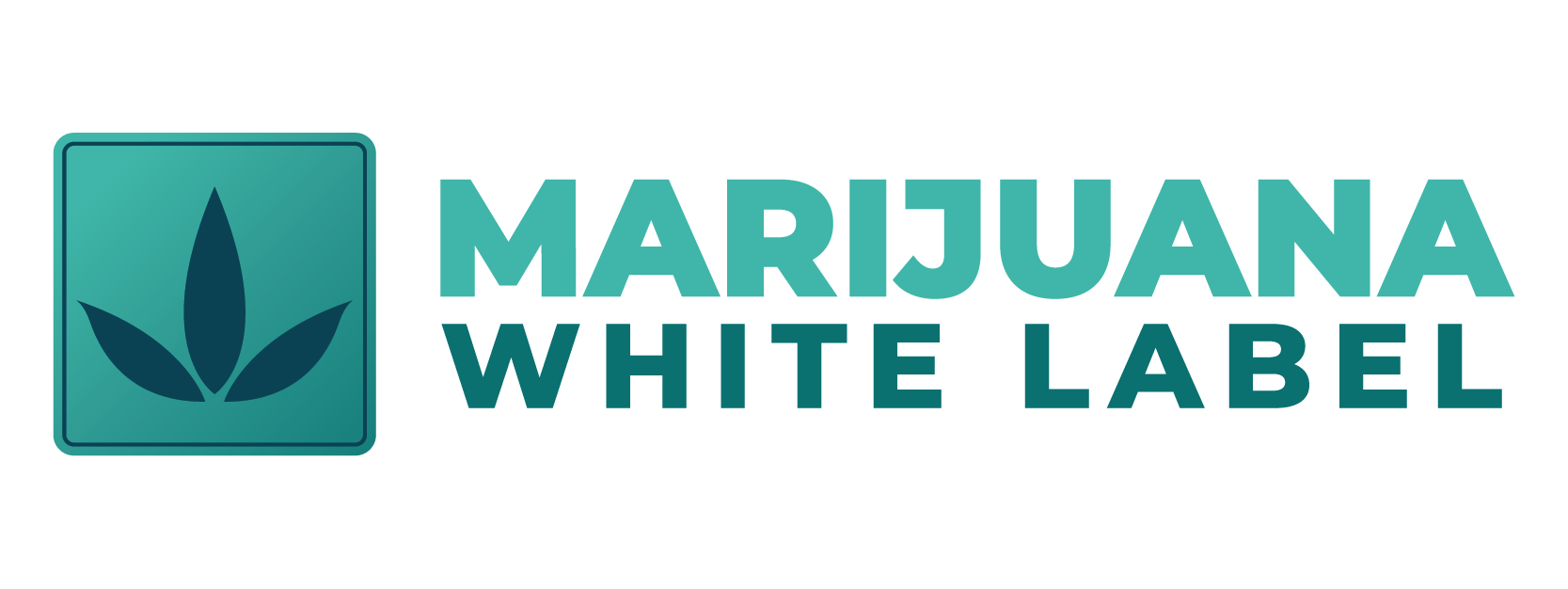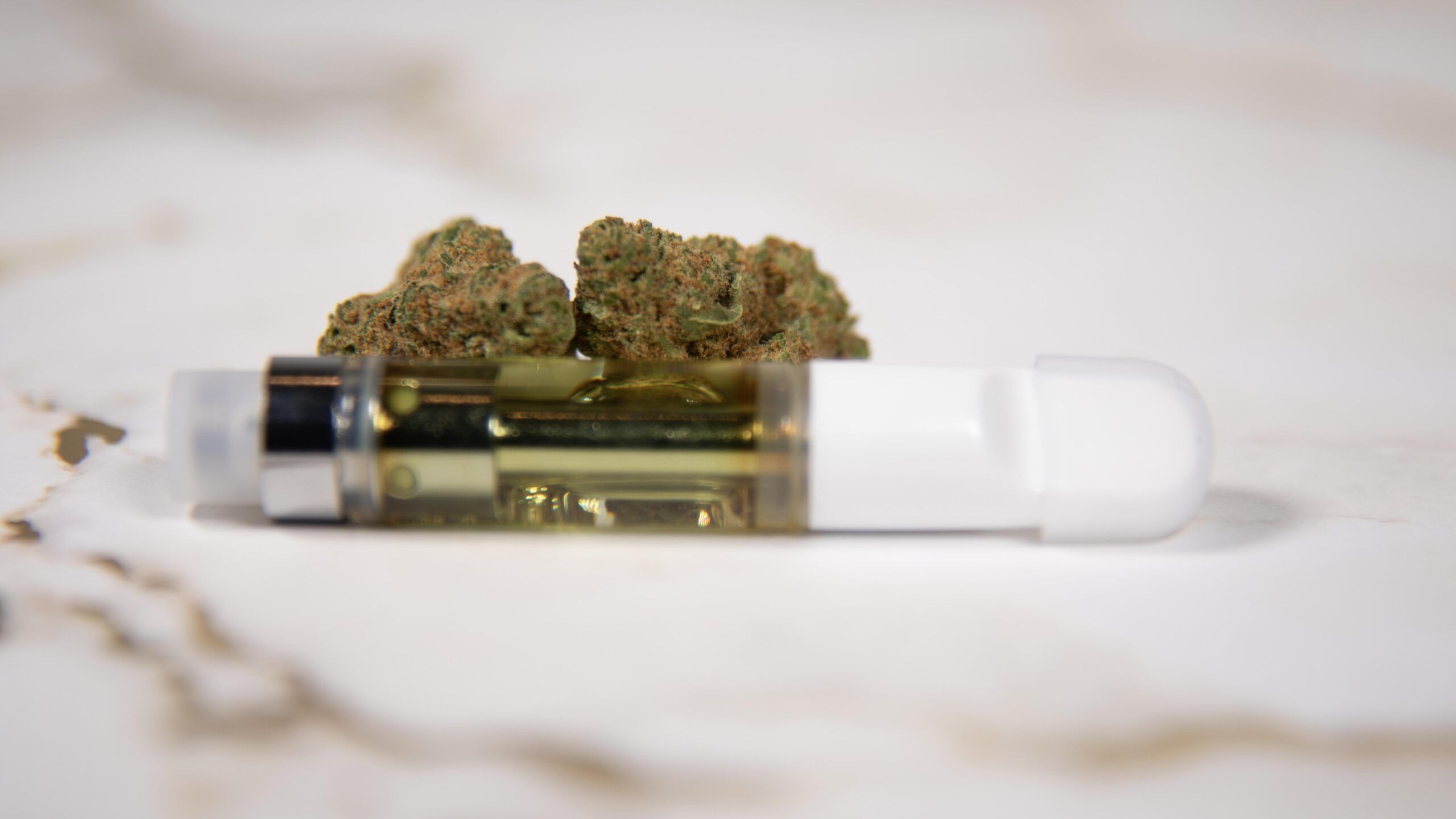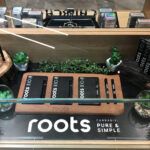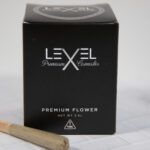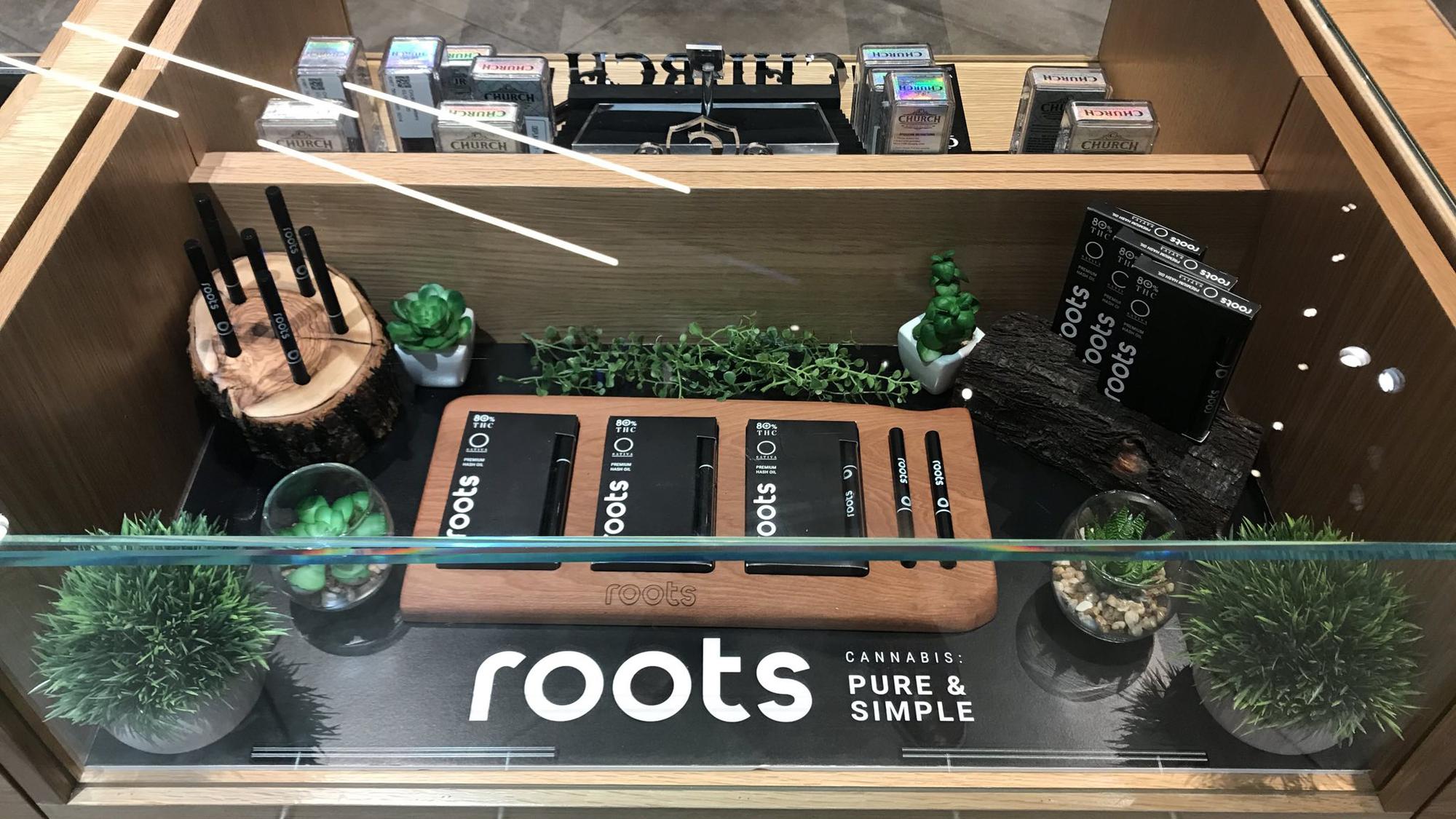When browsing dispensary menus, consumers often notice two types of products: brand name items from well-known companies and “white label” alternatives, usually sold under a dispensary’s own brand. The question many shoppers ask is simple: is there really a price difference between the two, and if so, why?
Understanding White Label vs. Brand Name
White label products are created by a manufacturer but packaged and sold under another company’s label, often the dispensary’s house brand. Brand name products, on the other hand, come directly from recognized companies that invest heavily in marketing, design, and brand identity.
The cannabis industry borrows this model from other sectors, like food and cosmetics, where “store brand” or “generic” products often sit next to premium names on the shelf.
The Price Difference
Yes, white label cannabis products are generally priced lower than brand name ones. According to market analysis by Headset, cannabis retailers often price white label items 10-30% below comparable branded products. For example, a pre-roll pack from a dispensary’s house line may cost $20, while a premium brand’s equivalent sells for $28-$35.
This difference isn’t usually due to quality, but rather to the costs behind the product.
Why White Labels Cost Less
- Lower Marketing and Packaging Costs
Brand name products carry a premium because companies invest in professional packaging, advertising campaigns, and brand ambassadors. White label products typically use simpler packaging and rely on the dispensary’s built-in traffic to move inventory. - Reduced Distribution Expenses
Branded products often travel across multiple state markets, requiring licensing, shipping, and logistics costs that get added to the final retail price. White label products are usually manufactured locally for a single dispensary or chain, keeping costs down. - Economies of Scale
Large manufacturers can produce cannabis flower, vapes, or edibles at scale, then sell them under different labels. Dispensaries purchasing these in bulk often receive discounts, which they can pass on to consumers. - Consumer Loyalty Programs
Dispensaries frequently incentivize customers to try their house brands through bundle deals, loyalty points, or special discounts. This makes white label items even more affordable compared to premium brands.
Do Lower Prices Mean Lower Quality?
Not necessarily. Many white label products are produced in the same facilities as brand names, often using the same flower, distillates, or ingredients. According to New Frontier Data, consumers increasingly view white label cannabis as “good value for money,” especially when lab results and potency levels match up with big-name competitors.
That said, the differences can sometimes be seen in presentation and consistency. A brand name might offer more eye-catching packaging, extensive terpene breakdowns, or innovative product formats (like live resin edibles or nano-infused drinks). White label products tend to focus on tried-and-true categories like flower, pre-rolls, and gummies.
What It Means for Consumers
For budget-conscious buyers, white label products can stretch a dollar without compromising much in quality. For brand-loyal shoppers, the extra cost may be worth it for packaging, flavor consistency, or brand prestige.
Ultimately, the best approach is to compare lab test data, cannabinoid profiles, and terpene information rather than relying on price alone. If both products show the same THC percentage and pass compliance testing, then the choice comes down to consumer preference.
In Summary
White label cannabis products are often more affordable, not because they are inferior, but because they skip many of the costs that brand names absorb. As the industry matures, expect more dispensaries to expand their own lines, offering consumers high-quality options at friendlier prices.
